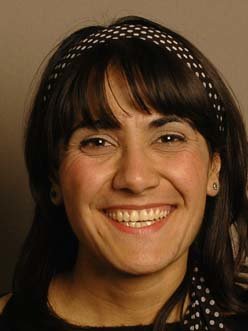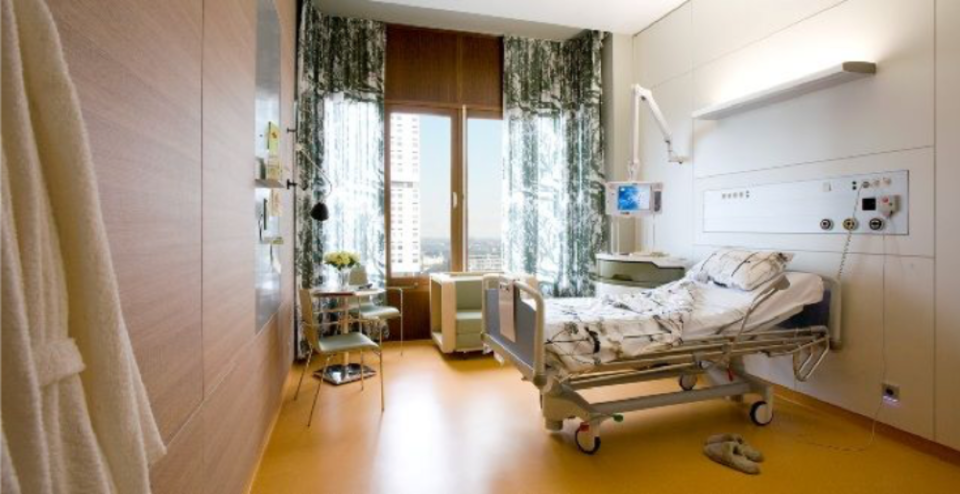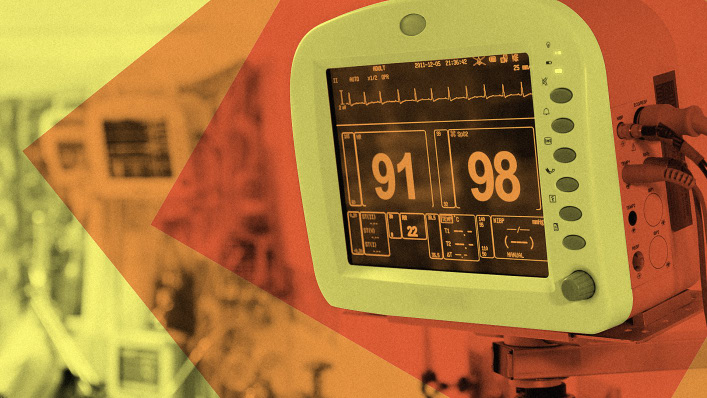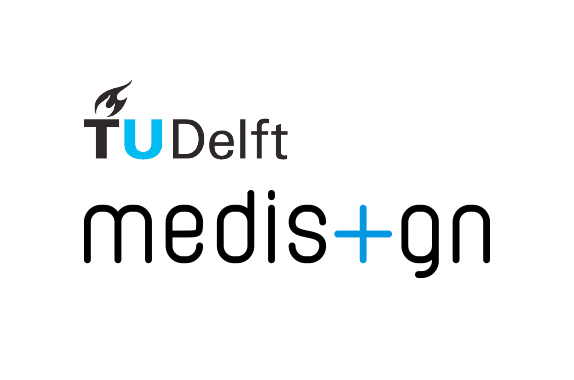

Dr. E. (Elif) Ozcan Vieira
Dr. E. (Elif) Ozcan Vieira
Publicaties
-
2024
Customizing ICU patient monitoring
a user-centered approach informed by nurse profiles
Idil Bostan / René van Egmond / Diederik Gommers / Elif Özcan -
2023
Exterior sounds for electric and automated vehicles
Loud is effective
Pavlo Bazilinskyy / Roberto Merino-Martínez / Elif Özcan / Dimitra Dodou / Joost de Winter -
2023
Improving the quality of the acoustic environment in neonatal intensive care units
a review of scientific literature and technological solutions
Sara Lenzi / Simone Spagnol / Elif Özcan -
2022
Acoustic Biotopes, Listeners and Sound-Induced Action: A Case Study of Operating Rooms
E. Ozcan Vieira / C.L.H. Broekmeulen / Z.A. Luck / Monique van Velzen / P.J. Stappers / J Edworthy
-
2022
An Algorithm for Automatic Acoustic Alarm Recognition in the Neonatal Intensive Care Unit
Simone Spagnol / Tom G. Goos / Irwin Reiss / Elif Ozcan
-
Onderwijs 2024
Onderwijs 2023
Media
-
2024-03-03
NWO OTP financiering voor onderzoek ziekenhuisgeluiden
Verscheen in: TU Delft
Involved in Research Project(s)
Nevenwerkzaamheden
-
2022-12-14 - 2024-12-13


